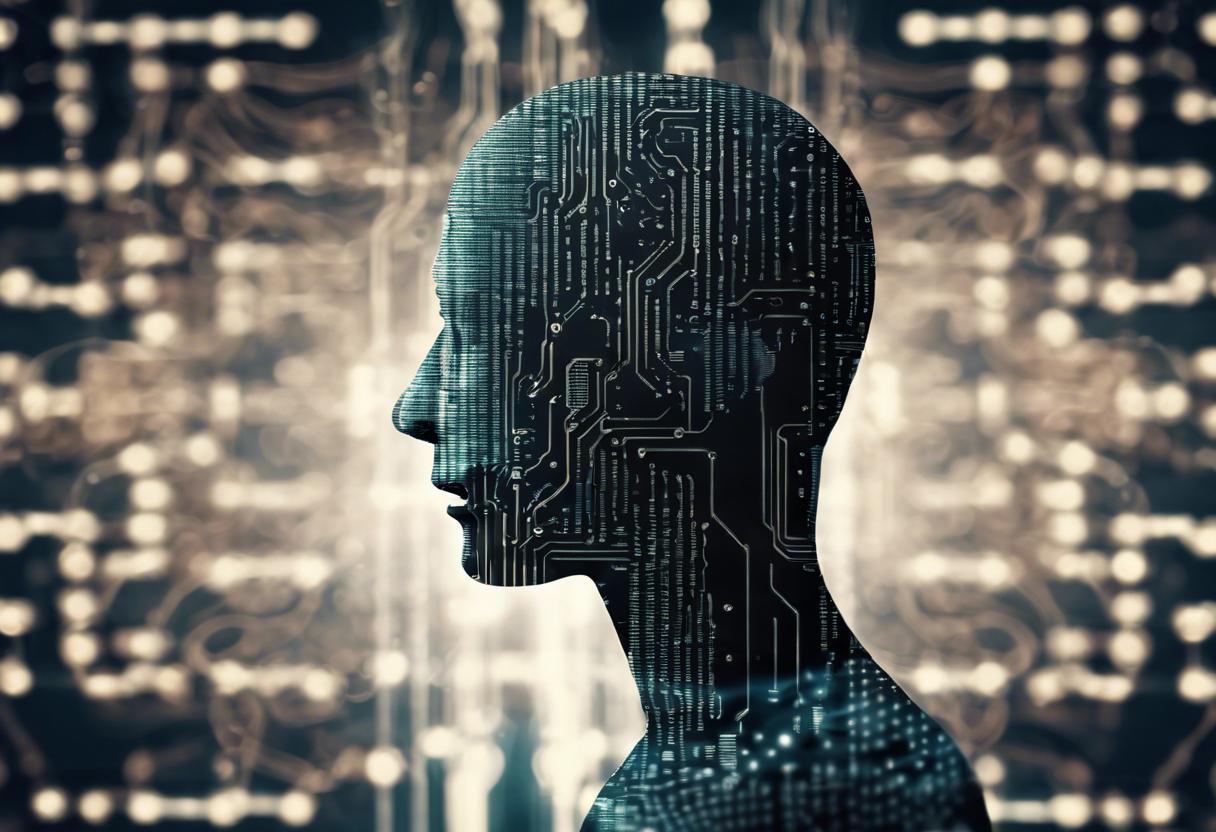The AI Revolution: Transforming Lives and Shaping the FutureArtificial Intelligence (AI) technology is increasingly pervasive, revolutionizing our daily lives and reshaping industries. From its inception in the 1950s to the emergence of machine learning and deep learning, AI has made remarkable progress. This article delves into the evolution of AI, its impact on different sectors, and the ethical challenges it poses.
From Science Fiction to Everyday Reality: The Evolution of AI
Create in seconds:
- Blog articles and social media posts
- High-quality professional images and graphics
- Personalized translations and product descriptions
All tailored for you—original and fast.
The evolution of AI technology has been a remarkable journey, transforming it from a concept in science fiction to an everyday reality. Starting in the 1950s, AI has made significant strides, with key breakthroughs in machine learning and deep learning in recent decades. Today, AI is seamlessly integrated into our lives through virtual assistants like Siri and Alexa, social media platforms, online shopping sites, and even self-driving cars. This transformation has been driven by continuous innovation and advancements in AI algorithms and computing power. As AI becomes more prevalent, it is reshaping the way we work, live, and interact, making science fiction visions a tangible part of our daily routines.
Redefining Industries: How AI is Reshaping Business Sectors
AI technology is revolutionizing business sectors, reshaping the way industries operate. In healthcare, AI-powered systems are enhancing diagnosis accuracy, enabling personalized treatment plans, and streamlining administrative tasks. Finance is benefiting from AI algorithms that analyze vast amounts of data to detect fraud, automate trading, and improve customer service. Manufacturing is experiencing increased efficiency and productivity through AI-driven automation and predictive maintenance. Marketing is being transformed by AI-powered analytics, allowing companies to target customers more effectively and personalize advertising campaigns. The integration of AI technology into these sectors is leading to improved outcomes, cost savings, and enhanced customer experiences. As businesses continue to embrace AI, the potential for innovation and growth in various industries is vast.
Navigating Ethical Challenges: Ensuring a Responsible AI Future
As AI technology becomes more integrated into our daily lives, it is crucial to navigate the ethical challenges that arise to ensure a responsible AI future. One of the key concerns is data privacy and security, as AI systems often rely on vast amounts of personal data. Safeguarding this data and ensuring its protection from breaches and misuse is essential. Additionally, bias and fairness issues in AI algorithms need to be addressed to prevent discrimination and promote inclusivity. The potential job displacement caused by automation also raises ethical considerations, necessitating efforts to reskill and upskill workers for the evolving job market. Lastly, accountability and transparency in AI decision-making processes are vital for building trust and understanding how these systems operate. By proactively addressing these ethical challenges, we can foster a responsible AI future that benefits society as a whole.
As the AI revolution continues to shape our world, it is clear that we are on the brink of a transformative era. With its ability to redefine industries and improve our lives, AI holds immense potential. However, as we navigate ethical challenges and ensure responsible implementation, we must also reflect on the impact it will have on society as a whole. How will AI reshape our values and relationships? Only time will tell.
